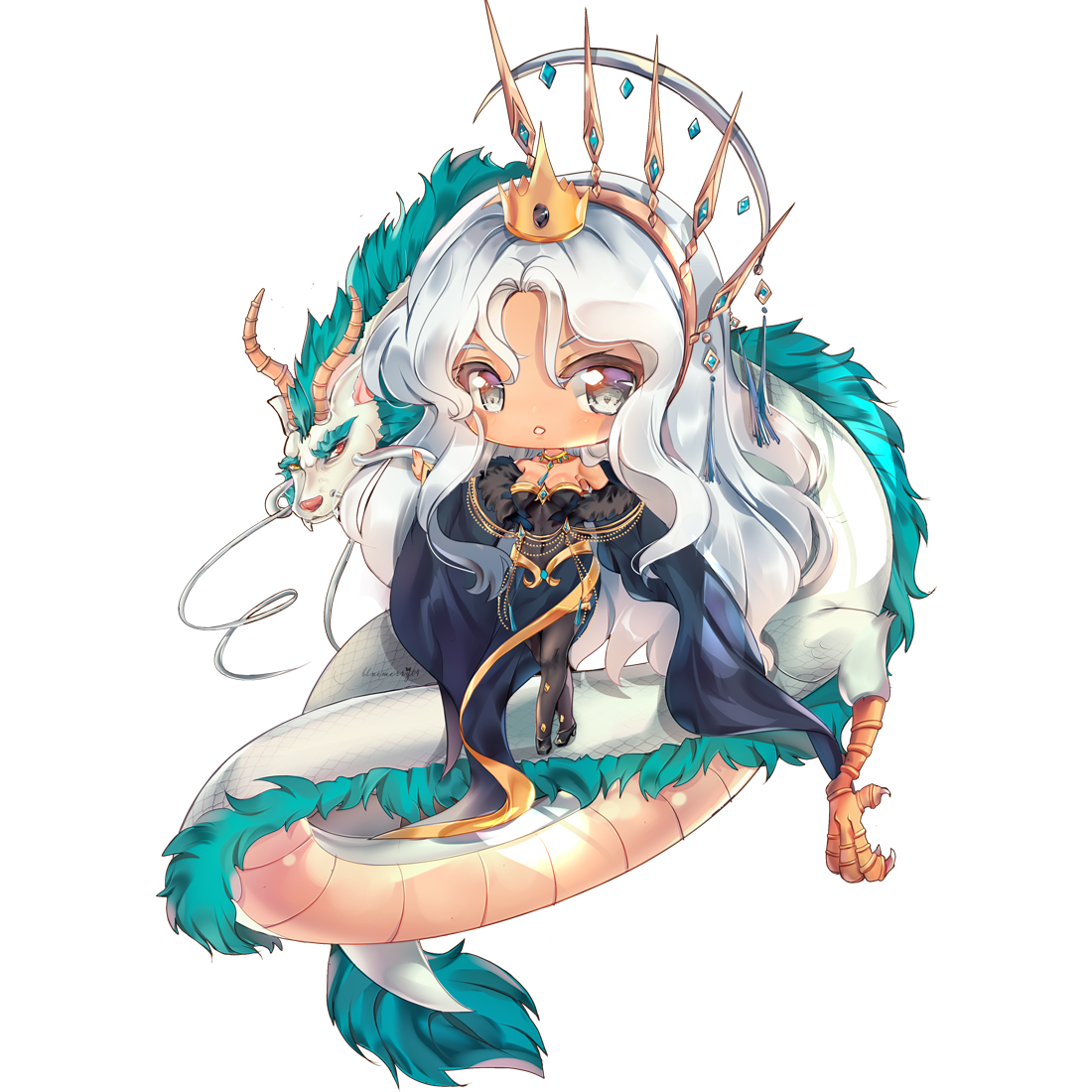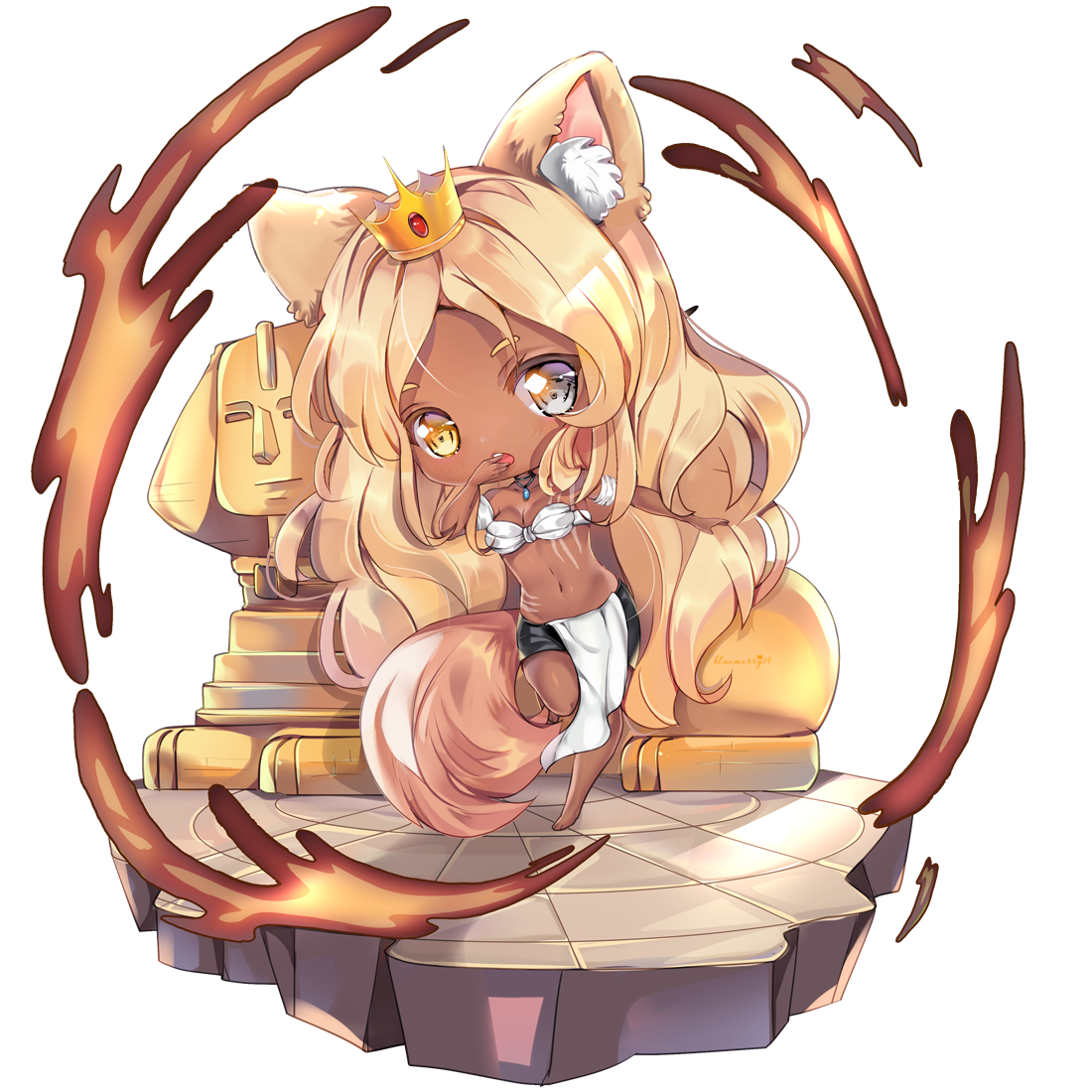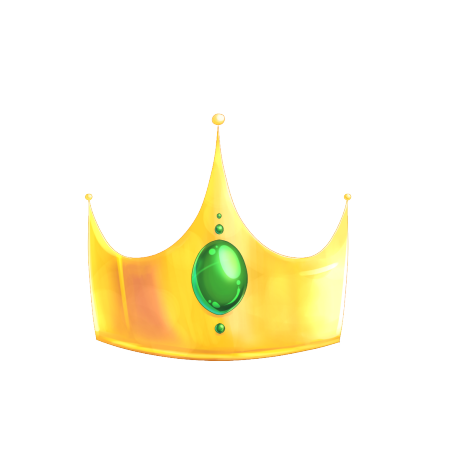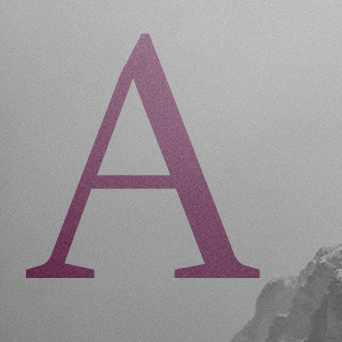Nowadays, Titanium and Zirconium seem to be the most widely used metals in the industory and daily products.
Titanium is as strong as steel but much less dense. It is therefore important as an alloying agent with many metals including aluminium, molybdenum and iron. These alloys are mainly used in aircraft, spacecraft and missiles because of their low density and ability to withstand extremes of temperature. They are also used in golf clubs, laptops, bicycles and crutches.
Power plant condensers use titanium pipes because of their resistance to corrosion. Because titanium has excellent resistance to corrosion in seawater, it is used in desalination plants and to protect the hulls of ships, submarines and other structures exposed to seawater.
Titanium metal connects well with bone, so it has found surgical applications such as in joint replacements (especially hip joints) and tooth implants.
The largest use of titanium is in the form of titanium(IV) oxide. It is extensively used as a pigment in house paint, artists' paint, plastics, enamels and paper. It is a bright white pigment with excellent covering power. It is also a good reflector of infrared radiation and so is used in solar observatories where heat causes poor visibility.
Titanium(IV) oxide is used in sunscreens because it prevents UV light from reaching the skin. Nanoparticles of titanium(IV) oxide appear invisible when applied to the skin.
Besides, there are many other Titanium Products like Titanium Plate and Titanium Forgings.
Furthermore, Zirconium does not absorb neutrons, making it an ideal material for use in nuclear power stations. More than 90% of zirconium is used in this way. Nuclear reactors can have more than 100,000 metres of zirconium alloy tubing. With niobium, zirconium is superconductive at low temperatures and is used to make superconducting magnets.
Zirconium metal is protected by a thin oxide layer making it exceptionally resistant to corrosion by acids, alkalis and seawater. For this reason it is extensively used by the chemical industry.
Zirconium(IV) oxide is used in ultra-strong ceramics. It is used to make crucibles that will withstand heat-shock, furnace linings, foundry bricks, abrasives and by the glass and ceramics industries. It is so strong that even scissors and knives can be made from it. It is also used in cosmetics, antiperspirants, food packaging and to make microwave filters.
Zircon is a natural semi-precious gemstone found in a variety of colours. The most desirable have a golden hue. The element was first discovered in this form, resulting in its name. Cubic zirconia (zirconium oxide) is a synthetic gemstone. The colourless stones, when cut, resemble diamonds.
Zircon mixed with vanadium or praseodymium makes blue and yellow pigments for glazing pottery.
For Zirconium Products, it seems more than Titanium. Products like Zirconium Bar, Zirconium Plate, Zirconium Tube, Zirconium Screws, Zirconium Target and Zirconium Pellet are all widely used.
Titanium is as strong as steel but much less dense. It is therefore important as an alloying agent with many metals including aluminium, molybdenum and iron. These alloys are mainly used in aircraft, spacecraft and missiles because of their low density and ability to withstand extremes of temperature. They are also used in golf clubs, laptops, bicycles and crutches.
Power plant condensers use titanium pipes because of their resistance to corrosion. Because titanium has excellent resistance to corrosion in seawater, it is used in desalination plants and to protect the hulls of ships, submarines and other structures exposed to seawater.
Titanium metal connects well with bone, so it has found surgical applications such as in joint replacements (especially hip joints) and tooth implants.
The largest use of titanium is in the form of titanium(IV) oxide. It is extensively used as a pigment in house paint, artists' paint, plastics, enamels and paper. It is a bright white pigment with excellent covering power. It is also a good reflector of infrared radiation and so is used in solar observatories where heat causes poor visibility.
Titanium(IV) oxide is used in sunscreens because it prevents UV light from reaching the skin. Nanoparticles of titanium(IV) oxide appear invisible when applied to the skin.
Besides, there are many other Titanium Products like Titanium Plate and Titanium Forgings.
Furthermore, Zirconium does not absorb neutrons, making it an ideal material for use in nuclear power stations. More than 90% of zirconium is used in this way. Nuclear reactors can have more than 100,000 metres of zirconium alloy tubing. With niobium, zirconium is superconductive at low temperatures and is used to make superconducting magnets.
Zirconium metal is protected by a thin oxide layer making it exceptionally resistant to corrosion by acids, alkalis and seawater. For this reason it is extensively used by the chemical industry.
Zirconium(IV) oxide is used in ultra-strong ceramics. It is used to make crucibles that will withstand heat-shock, furnace linings, foundry bricks, abrasives and by the glass and ceramics industries. It is so strong that even scissors and knives can be made from it. It is also used in cosmetics, antiperspirants, food packaging and to make microwave filters.
Zircon is a natural semi-precious gemstone found in a variety of colours. The most desirable have a golden hue. The element was first discovered in this form, resulting in its name. Cubic zirconia (zirconium oxide) is a synthetic gemstone. The colourless stones, when cut, resemble diamonds.
Zircon mixed with vanadium or praseodymium makes blue and yellow pigments for glazing pottery.
For Zirconium Products, it seems more than Titanium. Products like Zirconium Bar, Zirconium Plate, Zirconium Tube, Zirconium Screws, Zirconium Target and Zirconium Pellet are all widely used.











